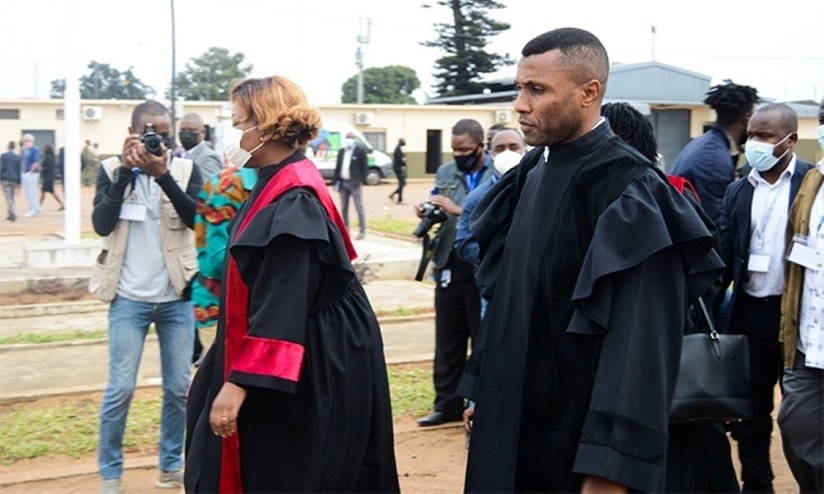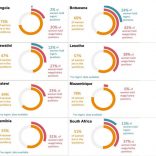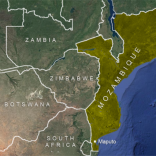Report exposes hidden crisis in Southern Africa's public health sector, Mozambique included - ...
Private force of 1,500 to protect Mozambican judges, public prosecutors – Notícias report

FILE - For illustration purposes only. [File photo: Notícias]
A private special force with the mission of guaranteeing the security of judges and magistrates working for the Public Prosecutor’s Office may comprise as many as 1,500 agents.
The information was provided to ‘Notícias’ by the president of the Association of Judges (AMJ), Esmeraldo Matavele. The matter is being discussed with the government.
According to the source, like other State entities protected by a special private force, such as the Bank of Mozambique (central bank), the judicial system, which is a model of national sovereignty, may also opt to provide its own security.
“The government has the Unit for the Protection of High-ranking Individualities (UPAI) – which has guarded judges and public prosecutors, but this force is commanded by the Minister of the Interior. On a provisional basis, they can work together, but in the medium and long term, our intention is to have an integrated private security system for magistrates,” explained.
He said that, by having a unit of his own, judges and prosecutors will have an open channel to immediately respond to any problems.
“At the moment, the law states that any judge with problems must have their security reinforced. Unfortunately, this does not happen. We have judges who are threatened and report to the district command, which in turn only says that it does not have enough staff. The judge is left to his own devices, as also his family and his home, when the next day he must judge a case,” Matavele detailed.
Magistrates have been asking for protection unit command at the district level, initially be via the PRM and, later, by the force to be created in the judiciary.
Matavele stresses that the state has judicial, legislative and executive powers. The judge cannot appear as the weakest of all, without security and exposed to risk to his physical integrity.
“Security will not only be provided to judges in so-called ‘hot cases’. For example, a judge in the Juvenile Court is threatened because he has set a child support allowance or said that a child should stay with the father and not the mother or vice versa. So, the most appropriate model, the one used in other countries, is to look not only at the nature of the cases, but at the real situation,” Matavele said.
An integrated private security system of 1,500 men would sufficient to protect the courts and judges, Matavele concluded.












Leave a Reply
Be the First to Comment!
You must be logged in to post a comment.
You must be logged in to post a comment.